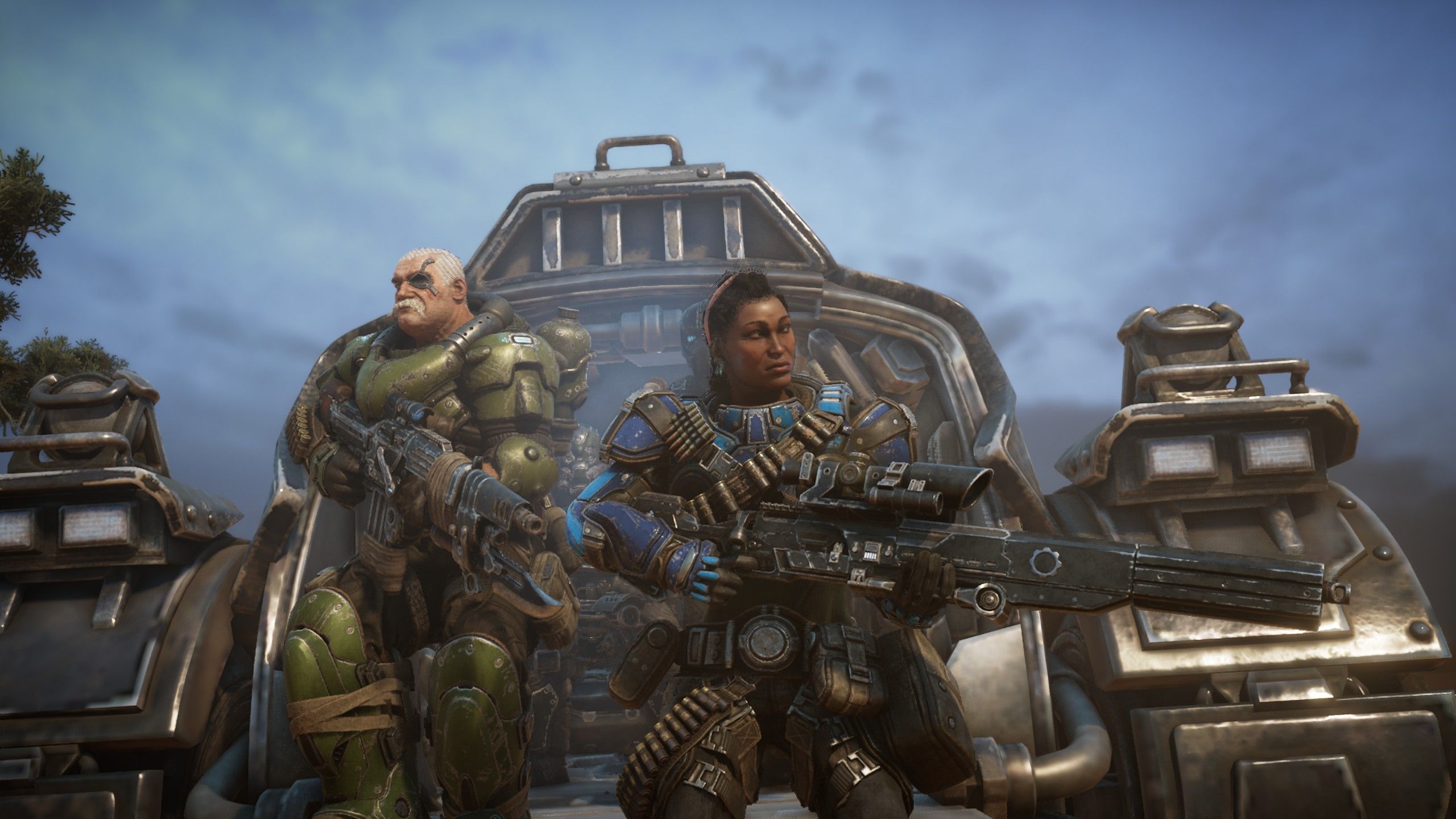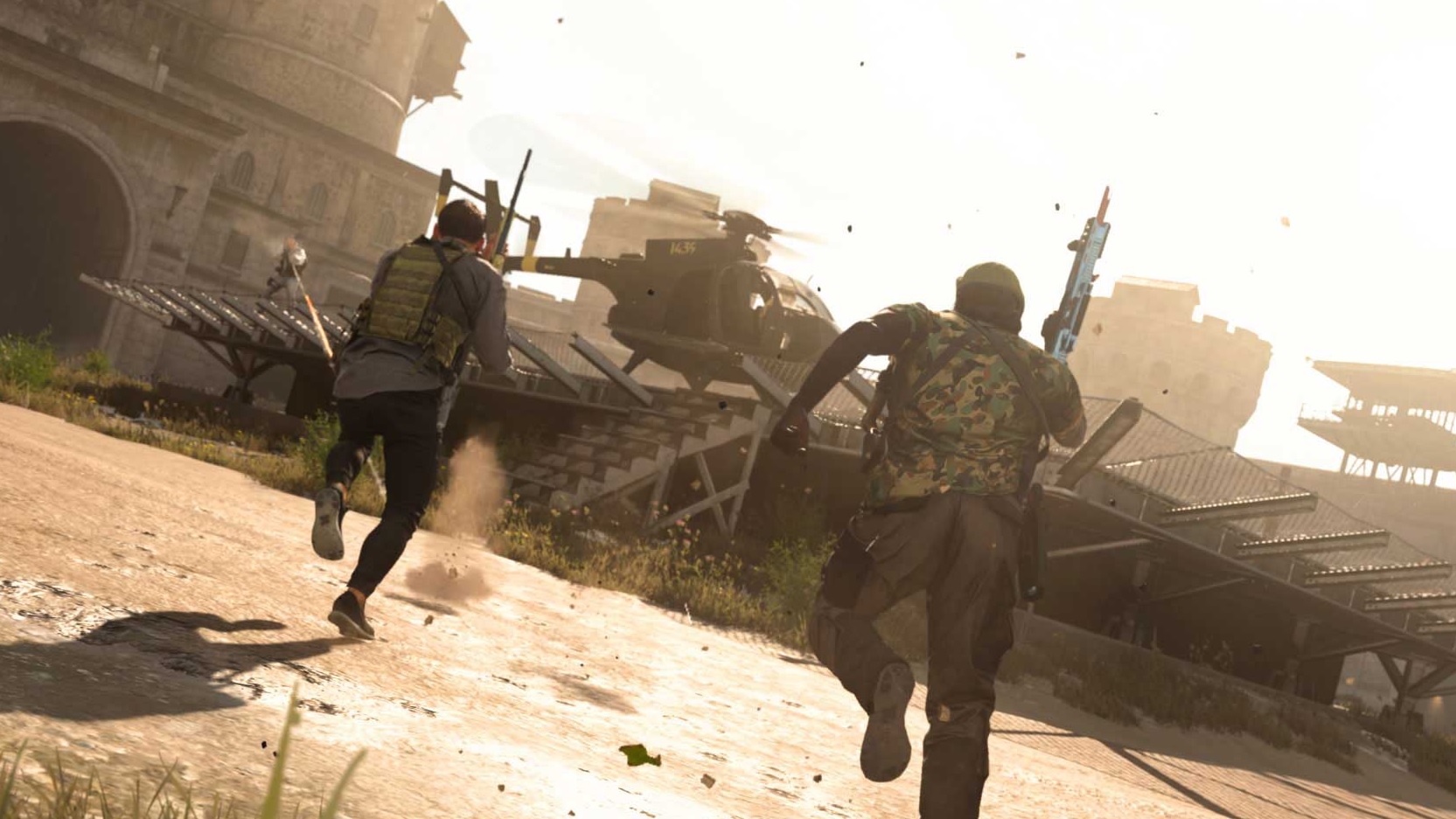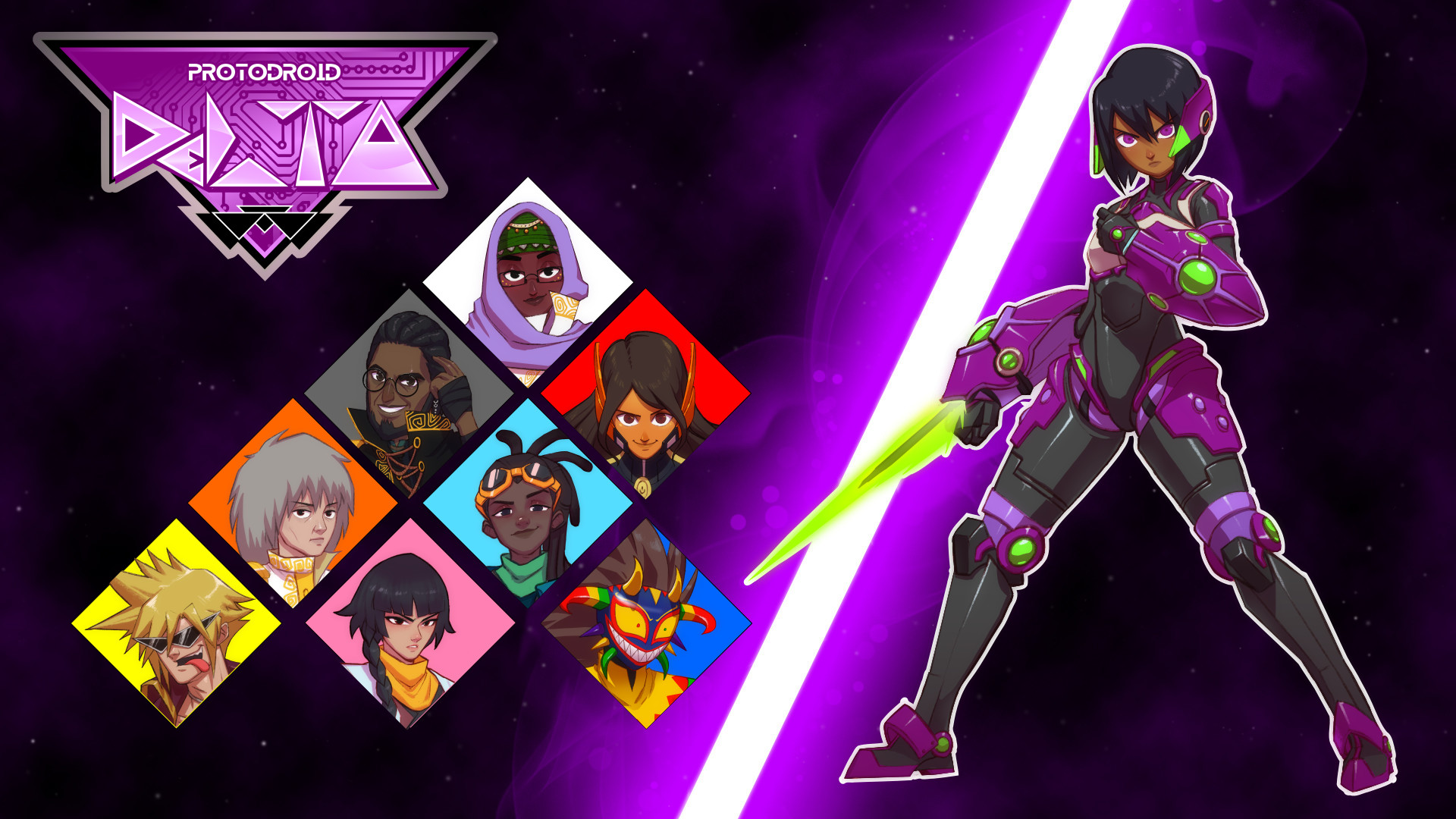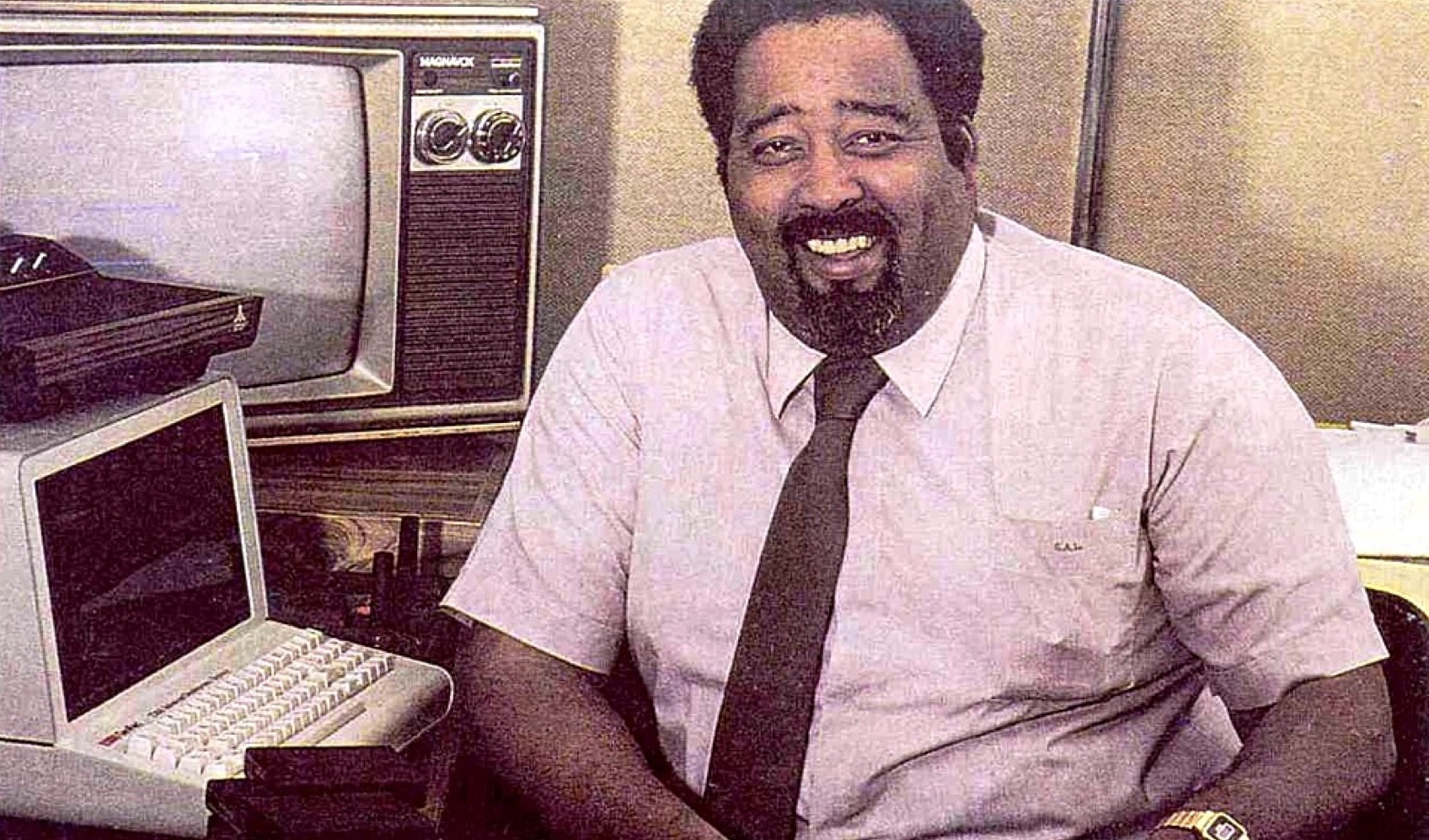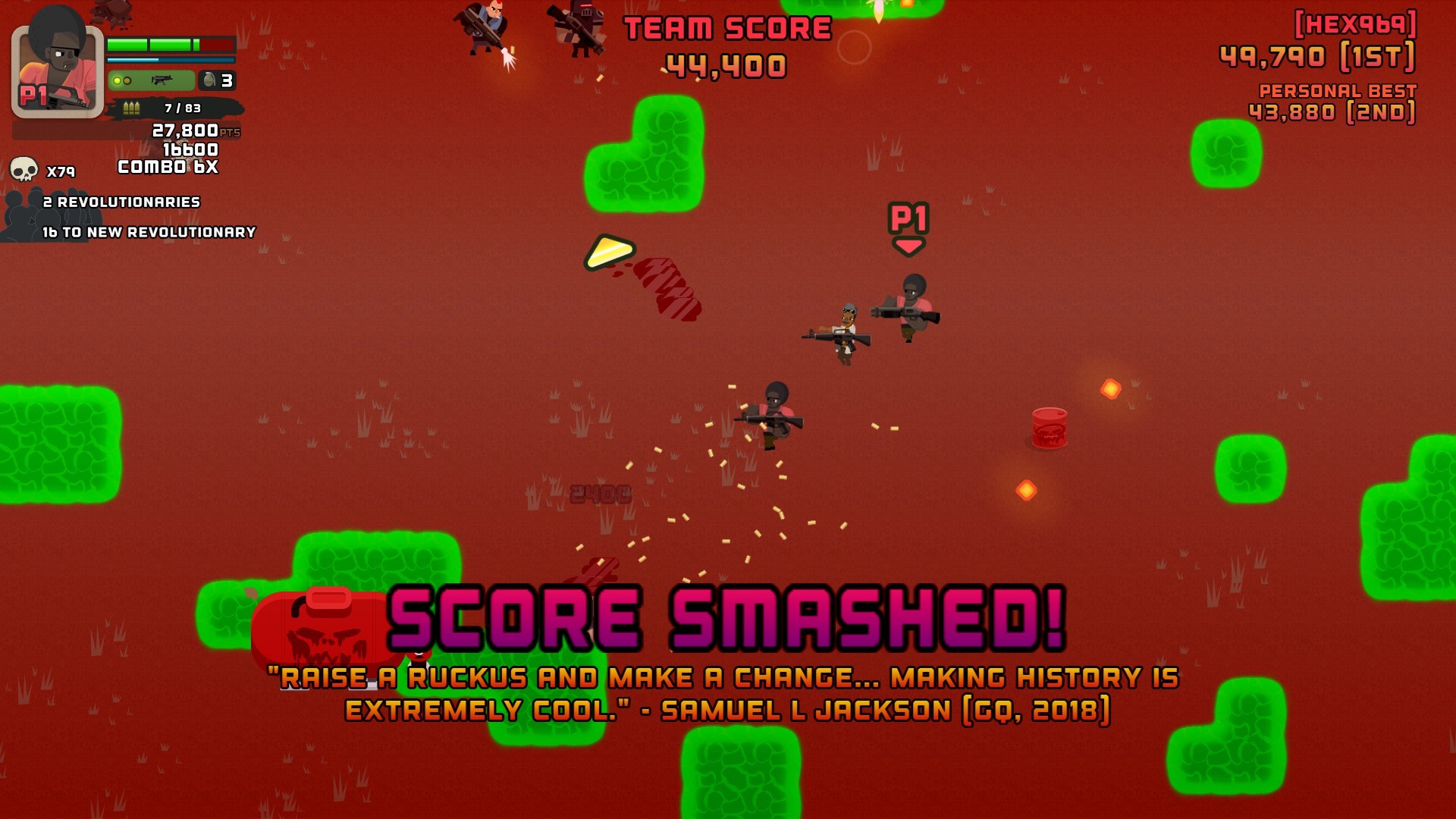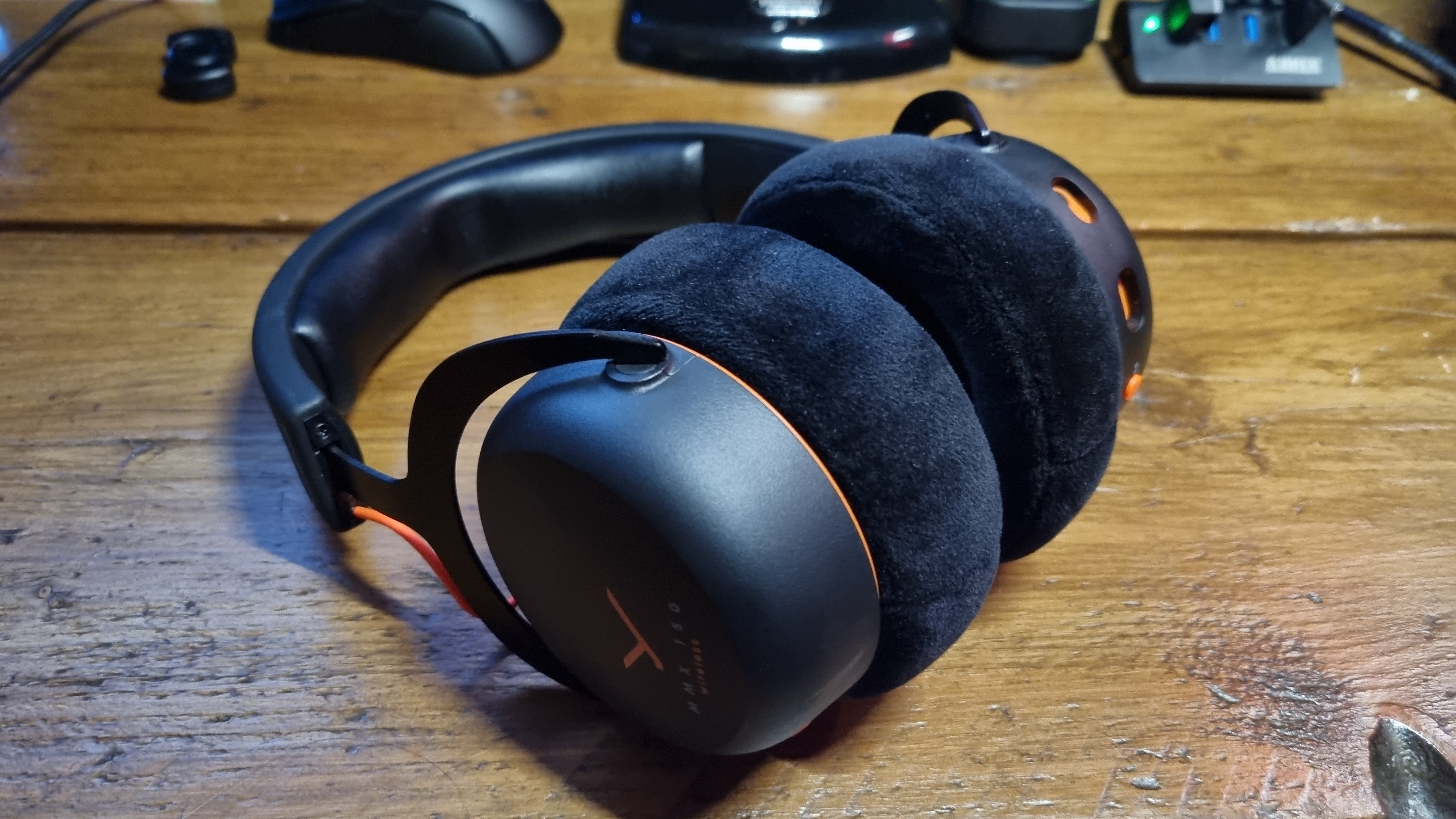Has the games industry lived up to its Black Lives Matter promises?
From Humble Games to Riot, companies have put in an effort, but there's no quick fix.
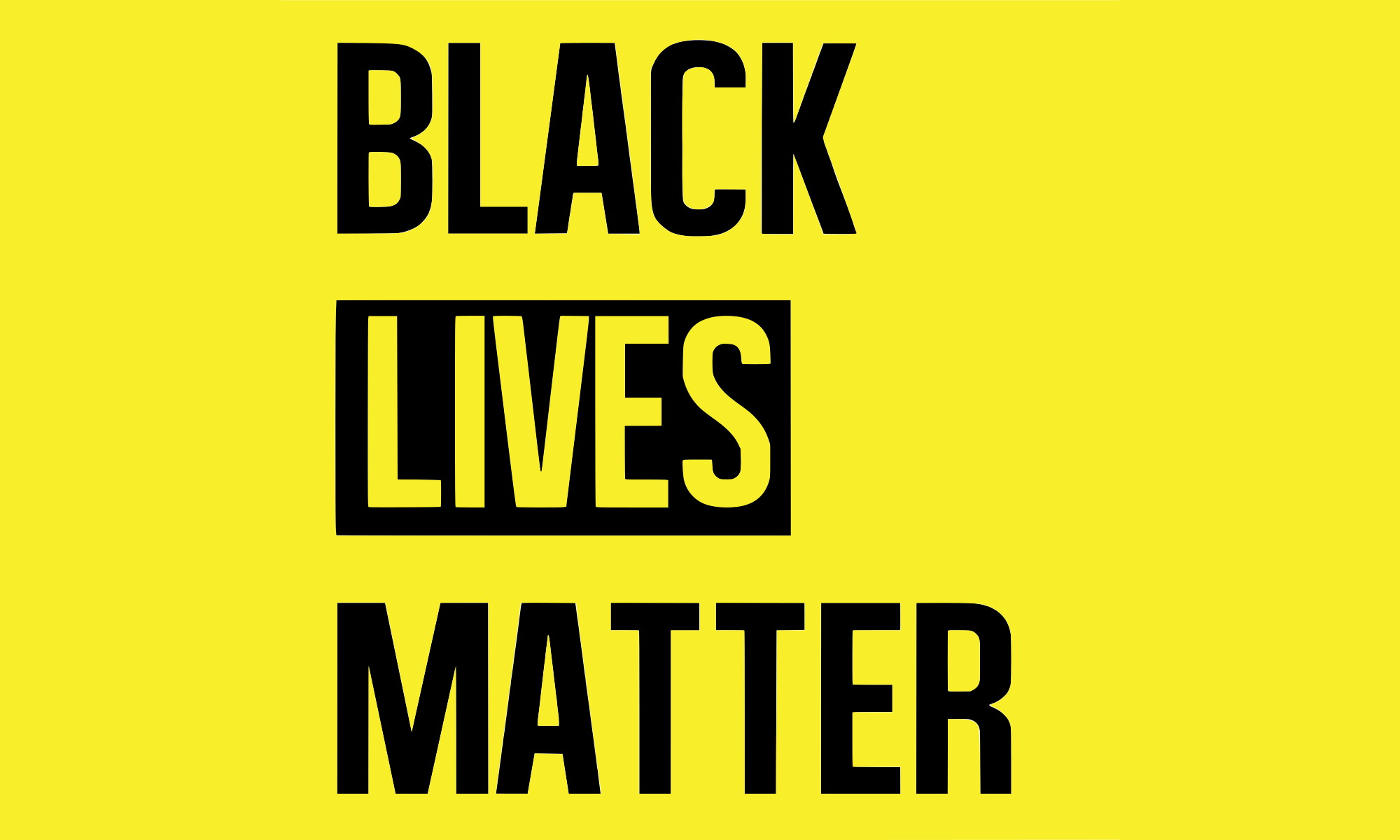
Keep up to date with the most important stories and the best deals, as picked by the PC Gamer team.
You are now subscribed
Your newsletter sign-up was successful
Want to add more newsletters?

Every Friday
GamesRadar+
Your weekly update on everything you could ever want to know about the games you already love, games we know you're going to love in the near future, and tales from the communities that surround them.

Every Thursday
GTA 6 O'clock
Our special GTA 6 newsletter, with breaking news, insider info, and rumor analysis from the award-winning GTA 6 O'clock experts.

Every Friday
Knowledge
From the creators of Edge: A weekly videogame industry newsletter with analysis from expert writers, guidance from professionals, and insight into what's on the horizon.

Every Thursday
The Setup
Hardware nerds unite, sign up to our free tech newsletter for a weekly digest of the hottest new tech, the latest gadgets on the test bench, and much more.

Every Wednesday
Switch 2 Spotlight
Sign up to our new Switch 2 newsletter, where we bring you the latest talking points on Nintendo's new console each week, bring you up to date on the news, and recommend what games to play.

Every Saturday
The Watchlist
Subscribe for a weekly digest of the movie and TV news that matters, direct to your inbox. From first-look trailers, interviews, reviews and explainers, we've got you covered.

Once a month
SFX
Get sneak previews, exclusive competitions and details of special events each month!
For Black History month, we're looking at the impact of the Black Lives Matter protests on the games industry, and following up on pledges made by publishers and developers.
Following the death of George Floyd and worldwide protests in solidarity with Black people last year, the games industry's lack of diversity came under increased scrutiny. The industry is still predominantly white—Ukie, the UK's primary video games industry body, conducted a member survey in 2020 that revealed that of the 10 percent of industry workers that identify as BAME (Black, Asian and minority ethnic), only 2 percent are black. A self-reported survey conducted by the International Game Developers Association in 2019 revealed the same figure.
In the summer of 2020, several companies in the games industry raised money for charities fighting racial injustice and released statements in support of Black Americans or Black people in general. Over 1,000 developers donated their games to The Bundle For Racial Equality and Justice available on Itch.io, which raised over $8 million. Several companies also made vague pledges to improve the situation of Black people in the games industry specifically. But what steps were taken, and how successful were they?
Why hiring isn't enough
Diversity and inclusion efforts benefit people from many underrepresented groups in the industry, including women, people of colour and queer people. In a 2020 Game Developers Conference survey, 16 percent of respondents said their game studios put little effort into diversity initiatives, and 28 percent said their studios put in none at all. Gears Tactics developer Splash Damage is one studio that successfully implemented changes for more diversity throughout 2020.
"My role for the most part so far has focused on changes that can be done in HR & Recruitment. It’s the part where a lot of impact will be seen," Splash Damage’s D&I advisor Cinzia Musio says.
Musio also holds workshops and helped create employee resource groups. "It's really important that employees can find a group of other marginalised people they can connect with, and for allies to have a place where they can listen to other's lived experiences and understand how we can best support each other."
According to Musio, continuous dedication is vital. "A lot of places start doing diversity and inclusion by trying to hire diverse talent, but do not have a culture where they will be retaining these people—so it was important to me to do it the other way around."
One developer at a large studio, who asked that they and their studio remain anonymous, illustrates why just investing in diversity at the hiring stage isn't enough.
Keep up to date with the most important stories and the best deals, as picked by the PC Gamer team.
Despite all the diverse hiring and employee-facing efforts the studio has made, almost nothing has happened to improve the social and cultural perspectives that drive the actual games we make.
Anonymous developer
"In the last two years, but especially in 2020, my studio has been making a more concerted effort to create a more supportive environment for employees who don't fit the typical mold," they say. "Since moving to work-from-home in March 2020, there's also been a noticeable increase in the hiring of people of colour. We've started having studio-wide assembly meetings on video calls, where people can and do ask challenging questions of the leadership without any apparent retaliation, including on topics of diversity and discrimination and politics. After the events in June 2020, the studio and its publisher started matching employee donations to Black-run charities, as well as making private corporate donations to charities supporting Black girls in technology education.
"However, the senior leadership team remains overwhelmingly cis white men. Despite all the diverse hiring and employee-facing efforts the studio has made, almost nothing has happened to improve the social and cultural perspectives that drive the actual games we make. High-level decisions about what we are making are made behind closed doors in rooms full of old white men, with 'our games' being presented to us after the fact without anybody knowing when or how the decisions were made, and it shows."
Several companies face this problem. In Microsoft's 2020 diversity and inclusion report, the company admitted that only 4.7 percent of the company's workforce is Black, and that fewer than 5 percent of Black workers hold leadership roles. In June 2020, the company vowed to double its Black leaders—albeit by 2025. While there is no update on the progress of this measure yet, Xbox has repeated these plans and celebrated Black History Month on the Xbox Wire blog, even though this is not much in the way of concrete steps. Activision, which publicly voiced its support for Black people and made donations to Black-led charities last summer, recently came under fire for one of the company's attorney's calling the mandatory inclusion of diverse candidates for every role "an unworkable encroachment on the Company's ability to run its business and compete for talent in a highly competitive, fast-moving market."
Laying the foundations
Excuses, missing access to education, high entry barriers and systemic racism make it difficult for Black people of all ages to successfully enter and retain their place in the games industry. Several organisations try to offer support to people at all stages of their career, and more have been established since last summer, while others have seen increased interest.
This support is crucial for Black developers and other minorities, especially when public interest in their cause lets up, and provides them with a safe environment to start or advance their game development career. Last year, Unbroken Studios decided to become a sponsor for one such organisation—Gameheads, a tech training programme aimed at low-income youth and youth of colour in the Bay Area. Apart from supporting Gameheads financially and providing career advice for young people interested in entering the games industry, Unbroken plans to hold engineering workshops. Code Coven, an organisation that offers game development classes, accelerators and networking opportunities, recently announced its Intro To Game Making scholarships for BAME and BIPOC creators. The Tentacle Zone incubator, helmed by indie developer Payload Studios, offers training and mentorship to early stage developers from underrepresented groups, with subjects ranging from game design to PR. Applications are being accepted until February 24.
In June 2020, developer Capy offered its own mentorship scheme for Black game developers of all experience levels. The programme matched mentees with a developer, who then helped them with their personal goals. Feedback from mentees I've spoken to has been consistently positive. Tamara Rutledge, who worked with Capy's narrative lead Kaitlin Tremblay during their mentorship, says that as someone from the rural US south, they appreciate the remote nature of the program and hopes such offers will be permanent even after the pandemic ends.

Writer Hassan DuRant says that prior to the mentorship, he considered giving up on his goal of becoming a narrative designer, but was able to land his first role with an established studio during the programme. He says Capy leveraged its contacts to invite speakers, and collected mentee portfolios and CVs to suggest to other studios with potential openings. But DuRant hopes such mentorships can be more than just a career gateway.
"Mentorship should continue throughout an entire career. Studios should encourage mentorship within their own ranks, and provide the space and time for their experienced developers to train and support less experienced employees. It's a two-way street: Healthy mentor-protégé relationships benefit individual mentors, strengthen studios, and help to grow the industry at large."
Indie initiatives
Due to the hurdles associated with getting a job in the industry, many Black developers choose to develop their games independently. Following the 2020 protests, larger companies created new avenues and pledged to support these fledgling developers.
The public game-creation platform Crayta by Unit 2 Games, available on Stadia and about to launch of the Epic Games Store, created a monthly Black Creators Prize Fund and mentoring programme for games created in Crayta, and sought advice from [UK-based diversity organisation] POCinPlay around the structure and framing of the programme. One winner of the prize fund explained how it helped them pay for their son's childcare and make a job for themselves as a freelancer. "The ripple effect of your action with this fund will impact generations in a positive way," they said.
Humble Games, Humble Bundle's publishing arm and game development fund Kowloon Nights both established funds specifically aimed at Black developers. Humble's Black Developer Fund has since announced five games, but Kowloon Nights makes no specific mention of its Fairchild Initiative fund for their recently announced games. Kowloon provided a statement that noted three of their recently announced 23 games are produced by majority Black-led studios, and says they "exemplify the Fairchild Initiative's mission to source and elevate Black excellence". The available marketing materials for the announcement make no mention of the fund.
Neither Humble nor Kowloon Nights created a dedicated presence for the funds aimed at Black developers on their websites, which can make them difficult to find. A developer who was unsuccessful in getting the fund and chose to remain anonymous tells me they find this frustrating. "The fact these funds were highly publicised at the time and then kind of hidden away makes it seem more like PR to me." Another developer hopes for more transparency surrounding these funds in future. "Humble uses the same form for applications that you use for applications to its regular fund, and both Kowloon and Humble have these very short FAQs. When I was rejected, I got a standard 'sorry we couldn't offer you funding' from both, but no explanation why."
[W]e've had over 200 applicants for the first round and we've just had to reject many people.
Sithe Ncube
While Kowloon Nights did not comment on how the fund operates, there is a Twitter thread detailing what kind of games they are looking for, and its advisors stress they are always available for questions. In Humble's case, I reached out to Sithe Ncube, an advocate for African game developers who acts as an advisor to the Humble Black Game Developer Fund together with Justin Woodward, co-founder of the Media Indie Exchange gaming showcase. Ncube explains what the decision-making process for the fund looks like.
"For the first round we went through applications and looked at what games would be viable for funding, based on what I would call Humble's internal guidelines, but also what we believe will work." Ncube doesn't provide details on the guidelines. When asked about the evolution of the fund, she mentions the desire to hold more talks and Q&As in future. "We want to and we have clarified some things about who is eligible. And a lot of what we're doing is a direct response to feedback we're getting. But we've had over 200 applicants for the first round and we've just had to reject many people."
One independent developer who was rejected for the fund and has also asked to remain anonymous describes the experience as "disappointing".
"Portfolio director John Polson offered to fund the game as a Humble Original, stating that it was too small in scope to be funded under their usual publishing arm. However, developers funded under the Black Game Developers fund retain the option to self-publish, which I would've preferred, and the amount offered wasn't sufficient, so I declined."
In emails obtained by PC Gamer, Polson rejected the game for the Black Game Developer fund, even after the developer had lengthy talks with both advisors. "The funding decision is made by a committee that includes both advisors," Polson clarifies to me via email, while Ncube says she's "pretty sure" advisors state ahead of a call with a developer that its purpose is to gather further information and doesn't guarantee funding. Polson offered the developer the option to become associated with it via a "special partnership", which included being included in PR and marketing materials for the fund—despite not receiving it.
"The Black Game Developer Fund is designed to help developers of all shapes and sizes, whether it's a small team with a complete game looking for a publishing partner, or a single developer looking to make their first playable build—and everything in between," Polson says in his email to me. However, Humble Games, like Kowloon Nights, is looking to use the fund for premium titles, games that are usually understood to have a larger budget than many small teams and solo developers are aiming for. Humble does not make that aim for the fund public, while Kowloon Nights does—the developer in this case only found out after persistently asking why their game was deemed too small in scope.
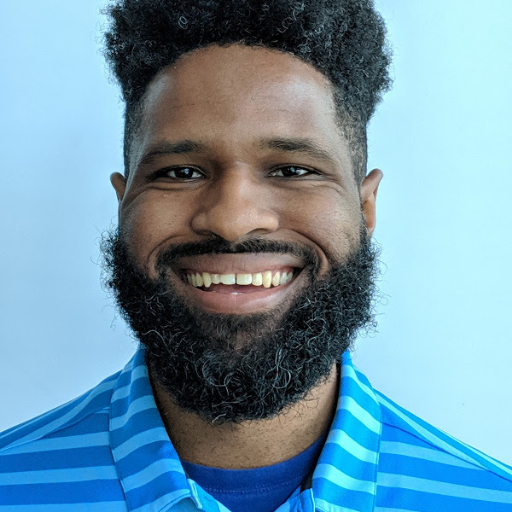
"It felt a bit like: 'You need to learn to make proper games like we white Westerners do that appeal to our sensibilities, and make lots of money, otherwise, why bother?' says the developer. "It doesn't seem like an effort to create new avenues for Black developers, but to have them work within existing models."
Developers I spoke to whose applications were successful shared more positive experiences. Adam Kareem received money from the Humble Black Game Developer fund and is currently working on his 3D action-platformer Protodroid DeLTA. He describes communication with Humble as "seamless".
"John Polson reached out about Protodroid DeLTA about 4 months before the Kickstarter for the game went live, just because he saw potential in the project. So whereas a bunch of publishers and others reached out only after the KS success, they showed interest back when it was just a plucky idea I was developing."
Epoch Media also received funding from Humble, which it's used for its stealth game PENSION$. Co-founder Jeffery Thompson Jr, who is designing and writing the game, as well as its prequel comic, is also happy with how communication with Humble has gone—but he notes that the fund is a new experience for a relatively small team, which can explain some of the problems other developers have been having. "It would be great if, in addition to what they are doing now, Humble would consider working with an organisation like Blacks in Gaming, which provides consultation on what to look out for when tailoring opportunities such as this to Black people's needs."
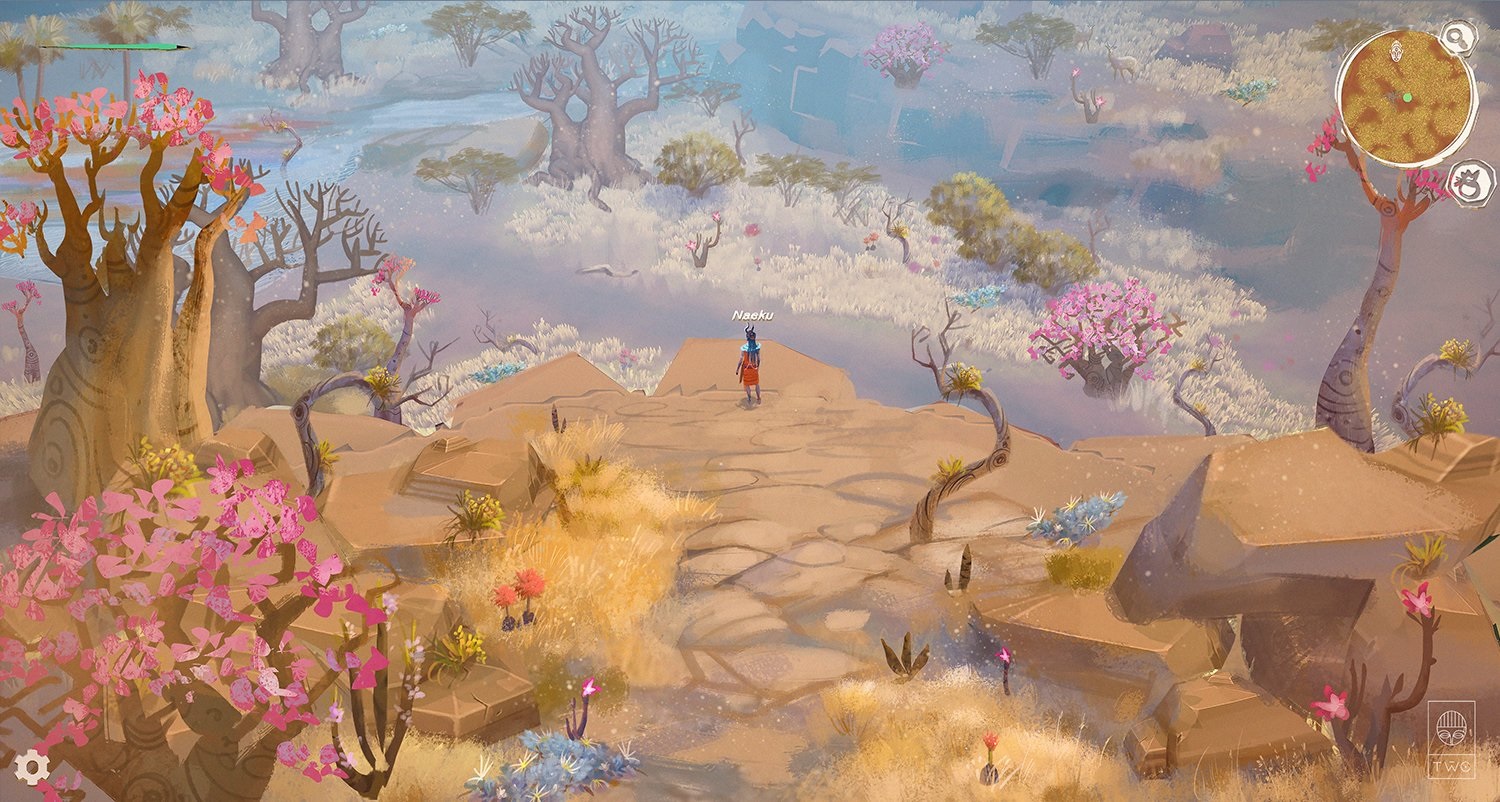
Twin Drums, a diverse studio started in 2019 by Allan Cudicio, was the first recipient of funding via Riot's Underrepresented Founders Programme. Twin Drums is working on The Wagadu Chronicles, an MMO with an African fantasy setting, based on that is based on its own Dungeons & Dragons 5e setting, which Twin Drums offers as a free PDF sourcebook. Cudicio says his own experiences with tabletop and online roleplaying shaped his desire to develop an MMO. "D&D for me was a safe space, because my very first experiences with it came from games I created myself [...] In games today there is no moderation, people troll you, the game mechanics are not suited to roleplay, and what I wanted to do with the Wagadu Chronicles is to create another safe space, a roleplay-focused experience based on African mythology."
Cudicio feels that Riot, which has been working to improve its company culture since several of its former managers were exposed for severe workplace harassment, is making an effort to change.
[W]hat I wanted to do with the Wagadu Chronicles is to create another safe space, a roleplay-focused experience based on African mythology.
Twin Drums' Cudicio
"One reason we chose to partner with Riot is that I really do believe they're holding themselves to account. They have invested in diversity and inclusion, and their partnership with us has been hands-off and supportive—their enthusiasm for what we're building is definitely real."
Despite the steps Riot has taken, there is still a lot of work to do—several of the lawsuits against the company are still ongoing two years later, and CEO Nicolo Laurent has only recently been sued for sexual harassment by his former assistant.
Group effort
It's not just down to big developers and publishers to move the industry forwards—small studios can and have been making an impact. After the events of June 2020, independent developer Spilt Milk Studios—an all-white team—donated and continues to donate to charities fighting for racial equality for Black people. The studio also went a step further by developing Fascism Fighters 4000, a DLC for their co-op twin stick shooter Tango Fiesta, together with two Black freelance developers. Studio head Andrew Smith, who chronicled the development on two blogs on industry website Gamasutra, explains why he wanted to develop DLC to show his support
"I wanted to make a clear, unmistakable statement, the kind of thing many developers were just afraid to do. We're a small team and we don't have many avenues to support Black developers, but my thought was that this DLC could show developers have nothing to fear from taking a political stance, and everything to gain. As a white game developer, I have been afforded opportunities Black developers did not have, and I need to use my position to elevate others. "
Several developers I've spoken to over the course of my research echo just this—that in order for there to be real equality, white people in the games industry have to recognise and actively use, or give up, their privilege.
Shawn Alexander Allen, developer of Treachery in Beatdown City in Organiser of the Game Developers of Color Expo puts it most succinctly: "You need to give Black people not only money, not only tools, but the money and the tools. Those who really want to help come to you, ask you what they can do for you, no strings attached. All other considerations, how much money we can make a publisher or how qualified we are, end up with us being evaluated by the same people who already believe us to be inferior."
We typically attract more scrutiny, more doubt, more questions when we try to present ourselves as professionals.
Writer Hassan DuRant
That sense of being evaluated is shared by Hassan DuRant, who notes that the extra scrutiny placed on Black developers makes starting a career in games even more challenging.
"People who look like me can't accidentally find our way into a games career—especially without actual credentials. We typically attract more scrutiny, more doubt, more questions when we try to present ourselves as professionals. By contrast, white people are often afforded the benefit of the doubt in a stranger's knee-jerk impression of their aptitude," he says.
"Capy absolutely helped me grow during this mentorship. Nevertheless, I suspect that for many of us, this mentorship's greatest immediate career benefit will come from the fact that now, there are white people within the industry who know us and who have seen what we can do. When I started the program, I expected to be learning narrative design fundamentals to improve my skills enough for an entry-level position. I was horrified to learn that I was already qualified—and that perhaps I have been for years."
Allan Cudicio offers a ray of hope:
"Things are changing. In a few years we're going to look back and think it silly we had a majority white gaming industry. Look at Twin Drums. Mostly women, queer, mostly Black. You're just gonna see teams like that and it will show others like us it's not impossible to make it in the gaming industry and inspire them to give it a try. "
